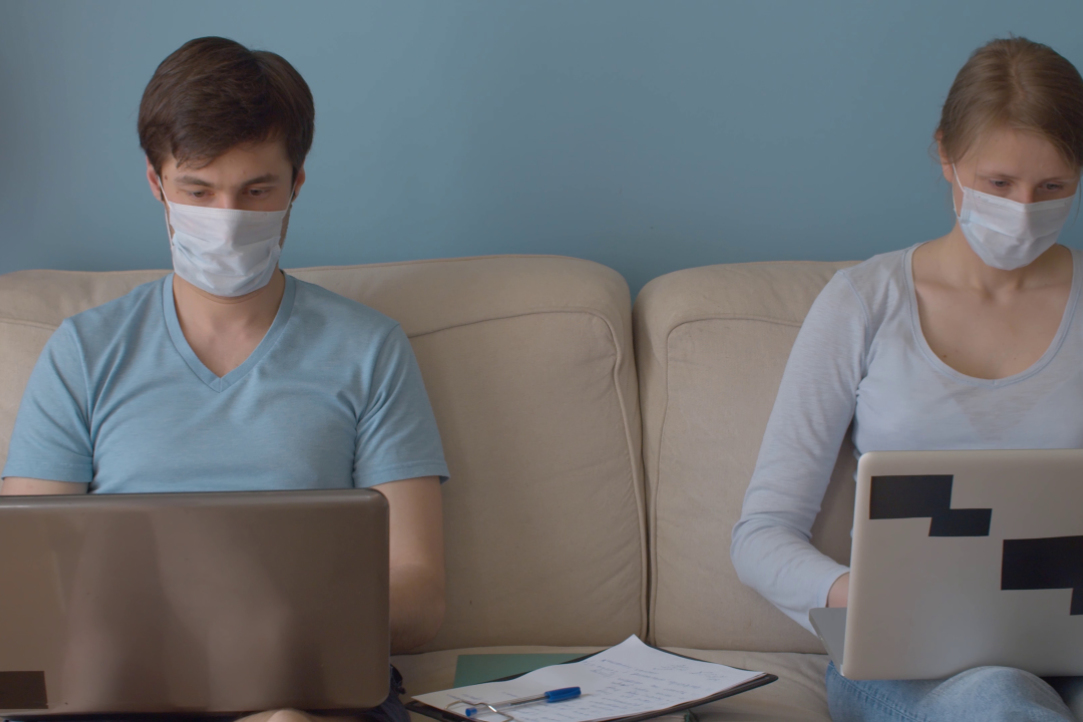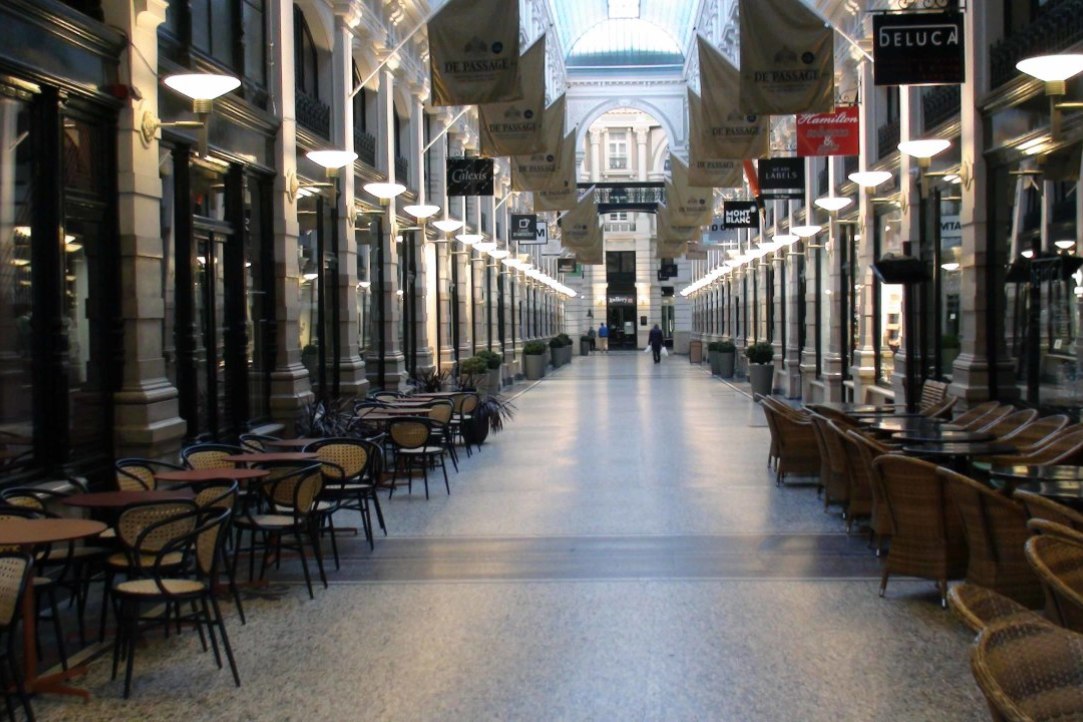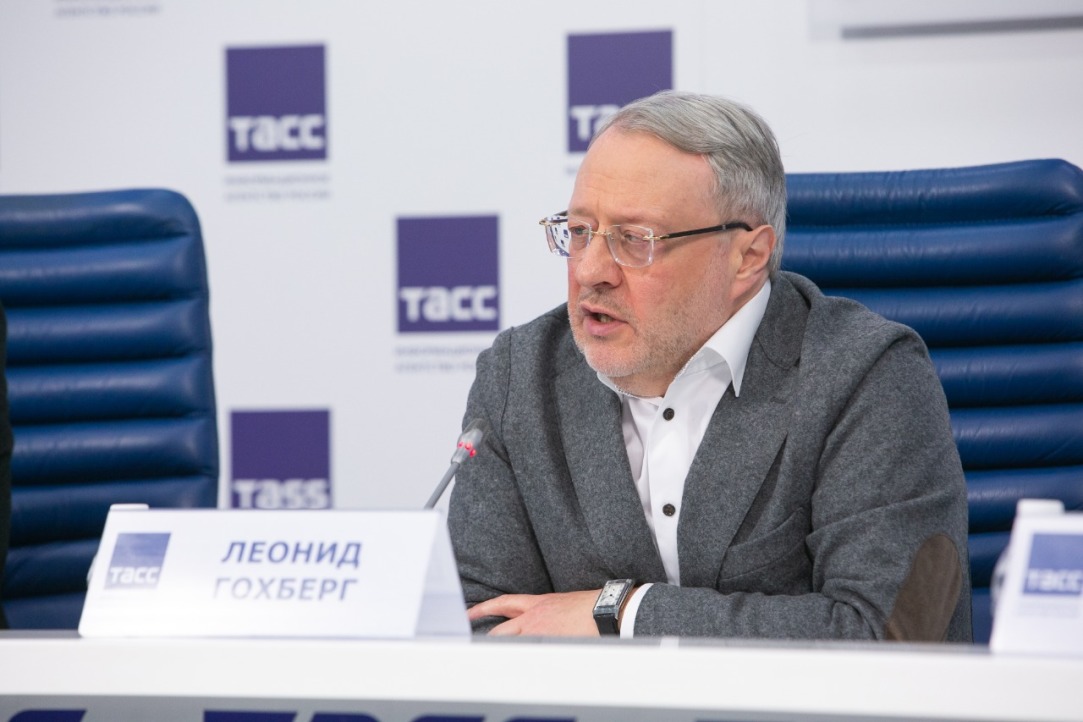
HSE Experts Study How the Russian Labour Market is Adapting to the COVID-19 Crisis
Due to timely price and time adjustments on the Russian labour market, the need for worker layoffs was much less than it could have been under other conditions. This is the finding of a study conducted by the Centre for Labour Market Studies and the Office for Expert Analysis at HSE University. At the same time, the study also shows that more than half of Russians surveyed reported that their earnings have decreased significantly.

The Russian Economy’s Prospects: Experts Show Moderate Pessimism
HSE University’s Centre of Development Institute has conducted its regular quarterly survey of experts’ projections for the Russian economy in the 2020–2021 period. According to the consensus forecast, Russia’s GDP will decrease by 4.3% this year. This seems to be a more optimistic outlook compared, for example, to the IMF’s forecast, which suggests a 5.5% decline.

HSE Survey: Russians Expect to Return to Normal Life after the Pandemic
During the pandemic, most Russians have been concerned with the health of their families, parents, and friends, as well as their own financial well-being. These are the findings of a survey conducted by the HSE Institute for Public Administration and Governance. At the same time, Russian citizens are least worried about potential food shortages. This is what makes them fundamentally different from Americans, British, German, and Chinese people, who are more worried about food supplies.

New RSCI List Includes 792 Journals
The Russian Science Citation Index (RSCI) has released a new journal list on the Web of Science Platform. The list was prepared by a group of experts at the Index who assessed the journals in terms of their quality and academic integrity.
.jpg)
Weakening Ruble Likely to Render Dozens of Industries Unprofitable
Imports account for over 15% of about a quarter of Russian manufacturing industries’ expenditures. With the ruble weakening in value, manufacturers’ expenses on raw materials and components they have to purchase from abroad will rise, which will likely bring their profits to zero. According to projections by the HSE Centre of Development Institute, 64% of import-dependent industries run the risk of becoming unprofitable if the exchange rate reaches 80 rubles to the dollar.

One Quarter of Russian University Instructors Don’t Use Online Instruction Tools, HSE Data Show
The HSE Institute for Statistical Studies and Economics of Knowledge (ISSEK) has presented data about the current conditions in which Russia’s schools and universities must now transition to online learning. According to their data, only 11.4% of university instructors with a PhD (or Doctor of Sciences degree) used online tools in their teaching in the last year.

19 Figures from 2019: Happiness, Loans and Loneliness in Russia
IQ.HSE continues the tradition of saying goodbye to the old year in figures. Below are 19 facts from the HSE University research that we shared in 2019.

HSE Presents 6th Russian Regional Innovation Development Ranking
Moscow, Tatarstan and St. Petersburg are the leaders of the new ranking. Based on 53 indicators, the ranking can be used by regional governments to develop and optimize their innovation policy. The ranking presentation was held on October 31 at a press conference hosted by the TASS news agency.
Russian Science, An Insider’s View
February 8th is Russian Science Day. How do people, directly involved in the process of generating and advancing new knowledge - scientists, entrepreneurs and public servants - assess the health and potential of Russian science today? Here are the results of a survey by HSE researchers in which experts, representatives of government bodies, scientific organisations, universities, hi-tech companies and social organisations express their views on the state of science in Russia and what should be done to improve it.
5%
Only this percentage of people in Russia lead a model lifestyle when it comes to environmental friendliness.


Deadline for submitting applications is November 7, 2025